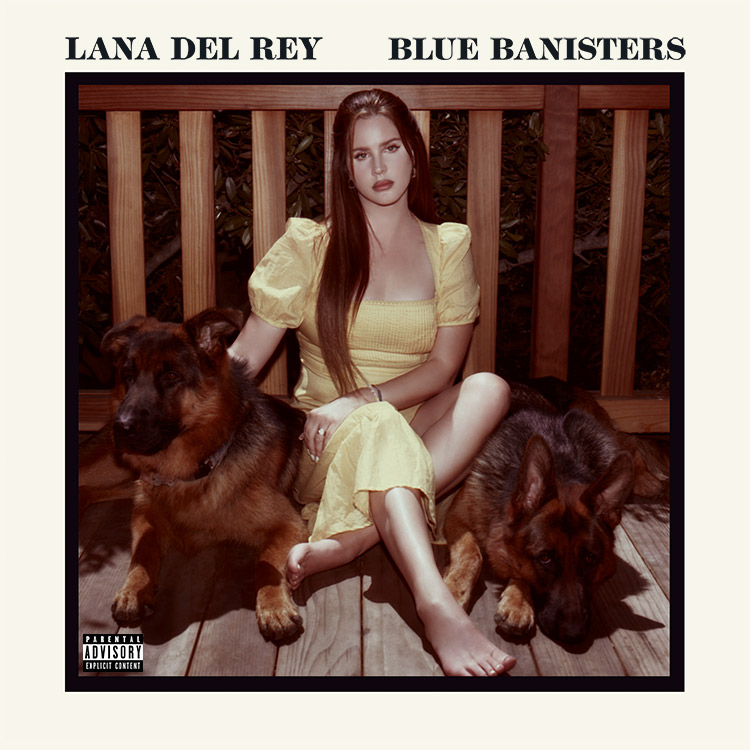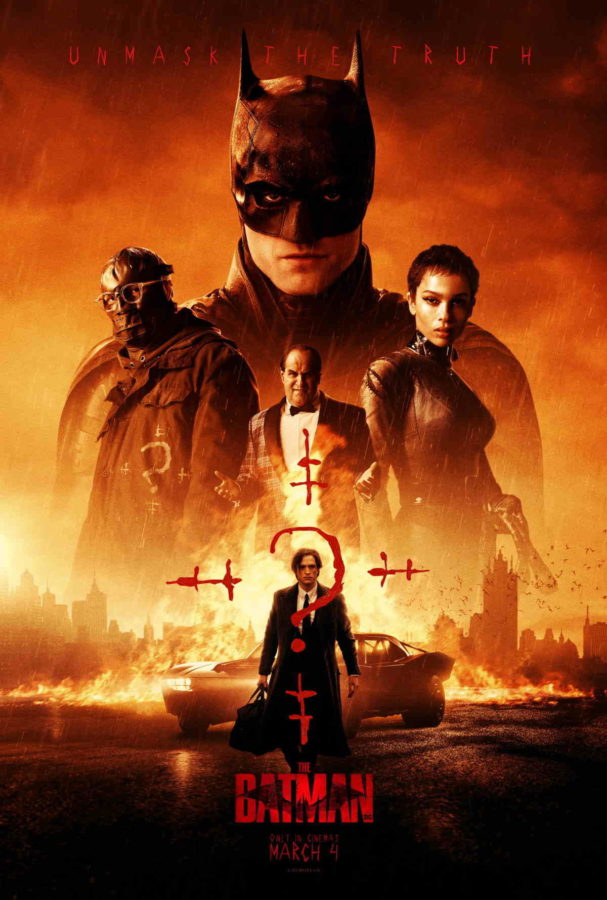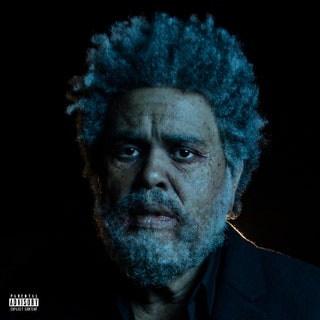
Once again, the ex-bassist and leader of KISS, Gene Simmons, is making a lot of noise with his over-the-top controversial comments. In an interview with Esquire, Simmons said, “rock is finally dead.”
But Simmons does not stop with this already outrageous declaration. He elaborated by taking it to additional metaphorical dimensions. “The death of rock was not a natural death,” Simmons said. “Rock did not die of old age. It was murdered.”
His argument is that times are harder for young rock musicians and no one is willing to pay them today. He blames this tragedy on fans who believe they are “entitled to have something for free,” and find music through illegal file-sharing and downloading.
Simmons’ comments have triggered a flow of reactions on a variety of media outlets. The Foo Fighters voiced their disapproval, with the certain authority of being one of today’s most successful rock bands, with a tweet that read: “Not so fast, Mr. God of Thunder.”
Twisted Sister front man Dee Snider jumped on the opportunity to release a wordy response via Facebook, debunking Simmons’ claims.
“It was greedy, big city record company moguls who made their own velvet noose to hang themselves with,” Snider said. “It was they who took advantage of the consumer (and the artist for that matter) and drove them to use an alternative source of music presented to them.”
In his hasty and audacious announcement, Simmons not only appointed himself the authority to decide the status of a whole genre of music, but he also seems to be the victim of two crucial misconceptions about the music and the industry.
First, blaming the struggles of the music industry on the downloaders is a misleading statement. A 2013 study led by the European Commission Joint Research Centre showed despite how illegal downloading affects offline music sales, it does not hurt the industry directly.
“It seems that the majority of the music that is consumed illegally by the individuals in our sample would not have been purchased if illegal downloading websites were not available to them,” the study reports.
The study found that legal purchases would be approximately 2 percent lower without illegal downloading available, leading to the conclusion that downloads and online streaming tend to encourage sales.
We are in the middle of a shift, when the technology is ahead of the industry, and the latter one is working to catch up. Mourning the industry’s alleged devastation by technological advances does not help the industry to change and to adapt to modern times.
The most important of Simmons’ misconceptions is a deep confusion between the industry and the music itself. Claiming that rock is dead because it does not sell well anymore is confusing the heart of the art form with its financial success.
But this confusion does not come as a surprise. Coming from an artist who led a band widely based on sensational live performances, made outstanding sales on by-products such as figurines and costumes and is mostly praised for their exceptional looks and stage presence than for their musical innovations.
“Is it hard to make it (in) rock ‘n’ roll? You bet. Always was, always will be. Will rockers make as much money as they did ‘back in the day?’ Probably not,” Snider said. “But that won’t stop them, and they’ll be motivated by a much more genuine love of the art, and great rock will continue to be produced, played and embraced by rock fans.”































